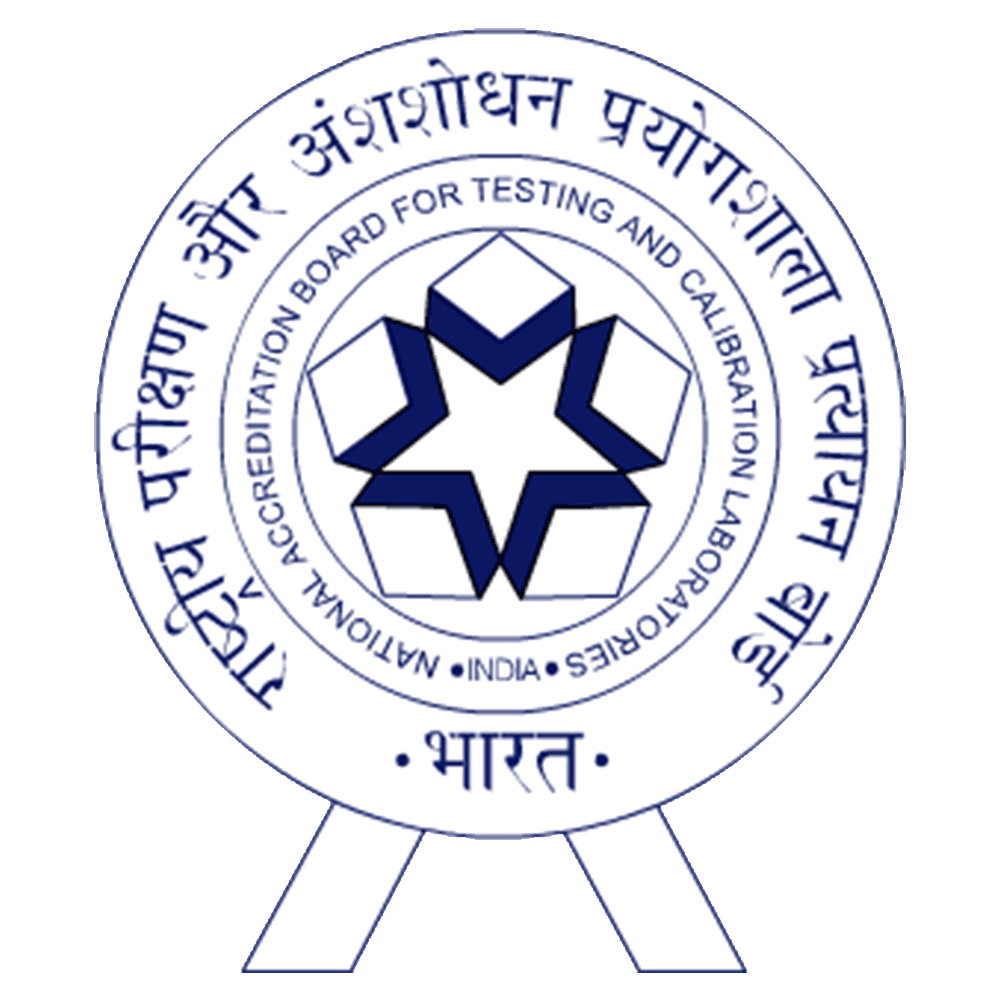According to the research conducted by WHO, Diarrhea is responsible for the death of over 70,000 children below the age of 5 years annually. On this note, diarrhea is still a threat to the health of people in different parts of the world. There are estimated 1.7 to 2 billion cases of the condition that occur annually. The effects of diarrhea result in about 2.5 million deaths annually and globally. This estimate is particularly high in underdeveloped as well as developing countries.
It is therefore clear that diarrhea is not merely an uncomfortable feeling since it affects various aspects of life. It interferes with people’s schedules and events. However, being able to grasp how this illness intervenes with one’s daily routine is also important.
Understanding Diarrhea
Diarrhea is a medical condition that involves the individual’s incapability to hold the urge to defecate, as this condition involves frequent, loose, and watery stools that result in the imbalance of the human digestive system.
Microorganisms like viruses, parasites, and even bacteria can lead to the occurrence of diarrhea. In adults, the common diarrhea-causing vector is Norovirus while Rotavirus is in children.
The initial symptoms of diarrhea may include abdominal cramps, bloating in the belly, blood in stool, vomiting, fever, and the urgency to defecate at short intervals. These symptoms drastically affect the daily chores of an individual.
Doctors from the best medicine hospital in Delhi, perform a series of diagnostic procedures to confirm the speculating symptoms as diarrhea, these tests include:
- Stool Tests
- Identification of patient’s medical history
- Blood Tests
- CT Scans (for a detailed overview)
Impact of Diarrhea on Daily Life
Diarrhea imposes a great deal of effect on the human body, physically, emotionally as well as socially. The major impacts are discussed as follows:
Physical Impact
Physical impact showcases the effect of the underlying condition on human health, in the case of diarrhea it could lead to severe dehydration and this extreme loss of fluids from the body can also lead to improper functioning of vital organs such as the heart and kidneys. Individuals might experience severe weakness and fatigue. Frequent rounds to the washroom due to diarrhea might interrupt work and social events.
Emotional and Psychological Impact
Diarrhea can also cause symptoms of stress and anxiety in humans, sometimes the symptoms don’t exhibit themselves clearly and hence cause a state of panic and fear in the individuals. Due to the constant feeling of uneasiness mental health of the individuals starts deteriorating. Patients also constantly worry about public embarrassment and humiliation due to their condition, which eventually leads to a decline in the emotional well-being of humans too.
Impact on Health
Frequent episodes of diarrhea lead to instant loss of energy reserves, as the body loses significant electrolytes and nutrients. Diarrhea involves reduced food intake that further weakens the body, which affects the overall health and well-being of an individual.
Economic Impact
Treatment costs, medical consultations plus medications for Diarrhea cause a strain on the pockets of the individual. Healthcare facilities are limited in underdeveloped and developing countries and hence, remain inaccessible to many.
Work and Productivity Impact
Diarrhea drastically affects the workflow of an individual, it also affects the attendance plus productivity at work. Public-facing roles also become challenging to maintain. Economic stability suffers due to job loss. Career advancement opportunities decrease. The impact of diarrhea extends to family finances.
Social Impact
Social stigma is very much associated with the problem of diarrhea. People may feel embarrassed to discuss symptoms. Fear of accidents leads to withdrawal from activities. Relationships are strained due to a lack of understanding. Support networks become essential for coping.
Health Outcomes and Complications
Severe diarrhea can progress to become a life-threatening condition if no medical intervention is elicited. Children should administer the immediate replacement of fluids. Diarrhea complications may be categorized as short-term and long-term effects. This is due to reduced food intake and this makes malnutrition to become a major concern. The ability of nutrients to be absorbed is reduced hence compromising the body’s immune system. Long-term diseases might be experienced thus having an impact on the general wellbeing. Prolonged diarrhea has additional effects including psychological effects on the life of an individual. New and more severe symptoms appear and stress levels rise when the symptoms are chronic. This, in addition, to the general emotional problems, social rejection and discrimination aggravate the situation.
Medical Treatments and Interventions
Some medications can be bought over the counter to deal with the symptoms associated with diarrhea. In the case of supplements or over-the-counter medicines, make sure you stick to the recommended dosage in the packaging. If the problem continues a doctor should be consulted.
Probiotics can be used as the other treatment option. Probiotics are health supplements that help replace the good bacteria found in the gut. Research suggests that taking these probiotics helps to minimize the impact of the disease and the length of time in which a patient suffers from it. Some are found in food items such as yogurt or taken in the form of supplements. Another way of getting the most out of the culture is to select the products that contain active cultures.
Medications can be prescribed when the conditions are very complex. Physicians may recommend drugs such as antibiotics for their patients. They treat infections such as bacterial infections that lead to diarrhea. It's always advisable to take antibiotics only when prescribed by a doctor. The problem with the proper use of antibiotics is that the drugs can be misused, which may result in the formation of antibiotic resistance.
Other drugs may be advised by different doctors who are involved in the treatment process of the patients. People must consider the possible side effects of the drug when they are consulting with their physician. A follow-up should be conducted frequently to enhance treatment.
Recommended Preventive Methods
● Lifestyle and Dietary Adjustments
Diarrhea can be effectively controlled through changes in meals and the consumption of proper and healthy foods that suit the person’s nutritional needs. It means that people should rely on less stimulating foods at certain stages. Iodized, low-sodium salt, bananas, rice, applesauce, and toast are not difficult to digest. Remember, do not eat food items that are hot and spicy, full of oils, or fried. Such foods trigger and even worsen the symptoms.
Incorporate fibre-rich foods gradually. Fibre is effective in making the stools document up and controlling the movement of faeces in the large intestine. Whole grain foods, fruits, and vegetables are good sources of nutrients needed in the body. You also need to be able to observe your body's response to the foods that you consume. Do not get stressed; change your meal plan by how you feel.
● Hydration and fluid intake
Staying well-hydrated is still important during episodes of diarrhea. Diarrhea results in a huge loss of body fluids, so avoid drinking less water. Consume a generous amount of ORS (Oral rehydration solutions) which is important in replacing the lost electrolytes. It was found that ORS has the right proportion of salts and sugars.
Avoid caffeine and alcohol intake as much as possible. These substances cause further loss of water in the body. Herbal teas, clear broths, and other similar liquids are some of the most comforting options available in the market. Make sure to drink water often during the whole day.
One of the major drawbacks of this disease is that it affects the quality of life. It greatly interferes with the daily routine of an individual. It has an impact on the physical, mental, and financial state of the individual. These are life-threatening challenges if not managed properly can lead to severe dehydration and malnutrition. The management of diarrhea is a very important way of enhancing the quality of life. Preventive measures should be taken to not have long-term effects of these aspects on the body. Education and healthcare need to be given utmost importance by the Government. The efforts of the community should be directed at the increased level of hygiene and sanitation. Altogether, efforts can help lower the incidence and severity of cases of diarrheal diseases. To know more, book an appointment at Sir Ganga Ram Hospital today.



